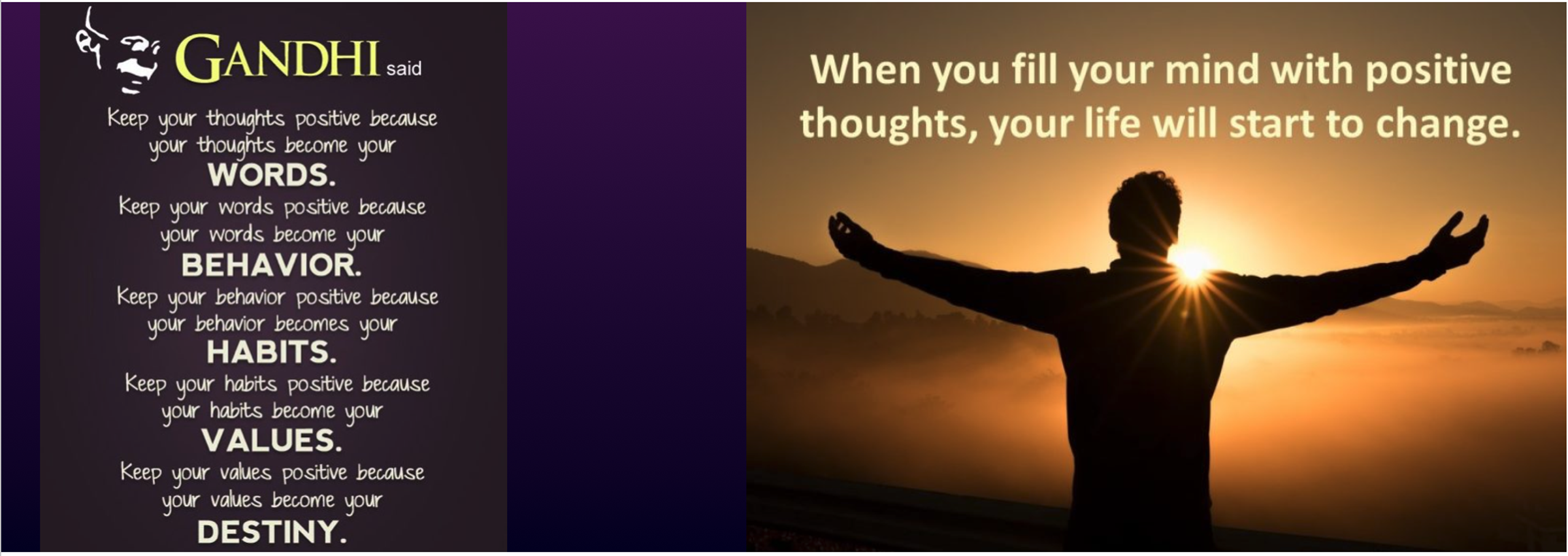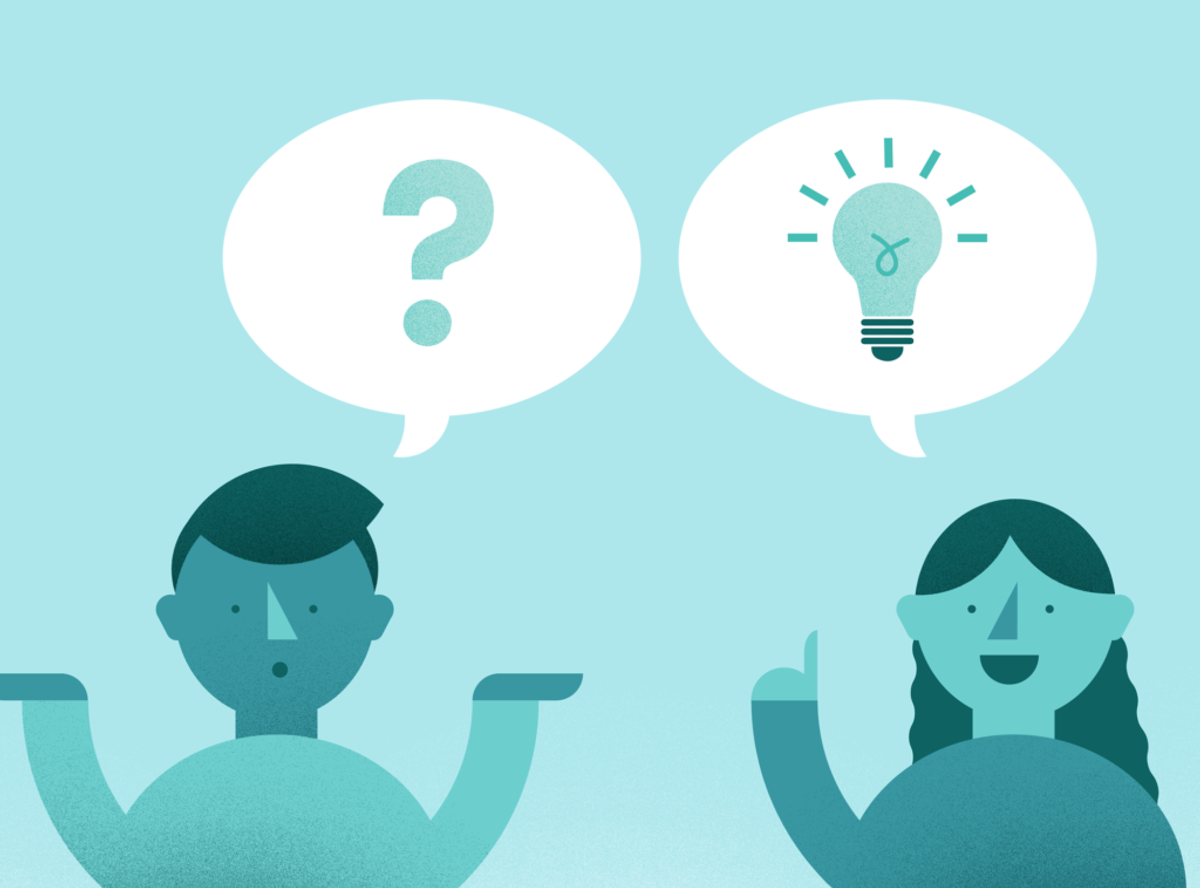Just A Thought:

Everything will be all right in the end. If it is not all right, it is not yet the end.
Paulo Coelho
Quote of the Week 🗨️
"To be yourself in a world that is constantly trying to make you something else is the greatest accomplishment."
Ralph Waldo Emerson
Before You Offer Advice - Ask This Question:
Doling out advice can make you feel powerful, helpful and even generous. But unsolicited advice can backfire.
In its simplest form, it’s a boundary violation. You’ve involved yourself without an invitation.
How To Better Give Advice
Research suggests that when we give advice, it’s often biased toward our own experiences. We share insights that we would find helpful, but they might not be as relevant to the other person.
There’s also evidence that unsolicited advice can harm relationships. And in the workplace, such advice can be seen as self-serving and is more likely to be ignored. Conversely, other research suggests that when people ask for advice, it is viewed by recipients as more valuable.
So, before you jump in with suggestions, you should ask this simple question:
“Would you like my advice?”
Why this approach works
Getting permission to proceed is such a small gesture, but it can make the listener feel more empowered. They chose to hear you out, and that allows an individual, hopefully, not to feel defensive or resistant.
A way to train yourself not to dispense advice automatically is to reframe the issue by brainstorming about what the other person could do rather than making declarations about what they should do. Instead of being the self-proclaimed expert, you are now a collaborative friend, family member or colleague.


